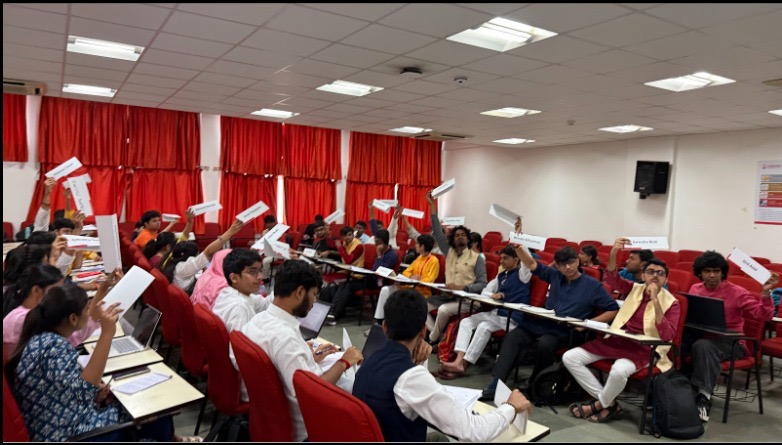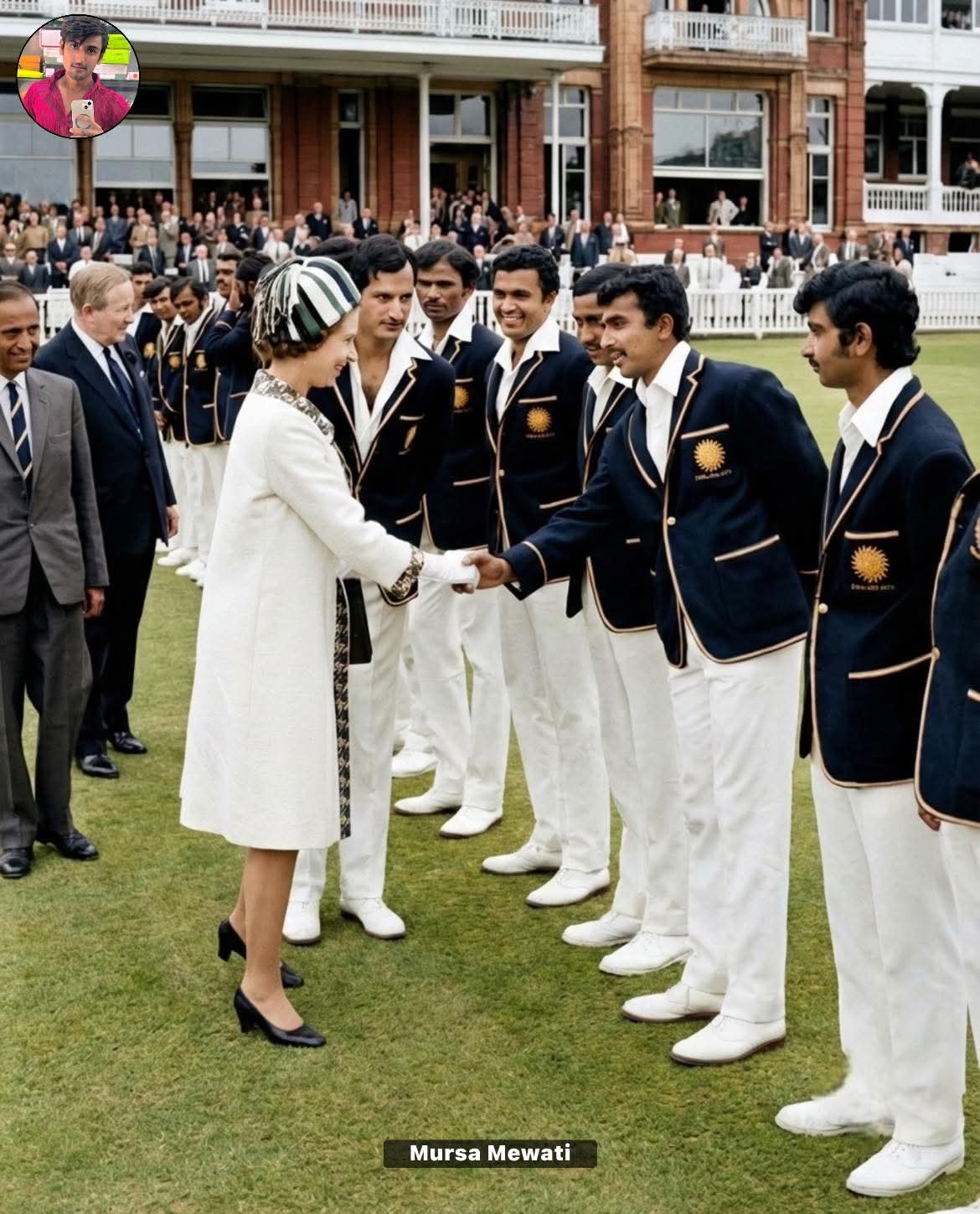New Zealand criticises India on order expelling Canadian diplomats after US UK Australia
Subsequent to U.S., U.K., and Australia criticising India’s demand for 41 Canadian diplomats to leave or face a revocation of diplomatic immunity, now New Zealand too have come down heavily on India. Infact New Zealand is the last of the “five eyes” intelligence network to speak on the issue.
They also referred to the Vienna Convention on diplomatic ties, which has sparked a new row amidst Delhi and Ottawa over the international convention, adding to growing tensions over Canada’s claims against Indian officials in the killing of Hardeep Singh Nijjar which has come into focus.
A statement issued by the New Zealand Ministry of Foreign Affairs that expressed “concern” over the exit of the diplomats last week, asserted that now seems the time for more diplomacy, not less.
The statement also added that they expect all states to uphold their obligations under the 1961 Vienna Convention on Diplomatic Relations, including in relation to the privileges and immunities of accredited staff and further adding in a statement similar to those issued in Washington, London and Canberra over last weekend.
A month following suspension, India resumed visas for Canadians in some categories
The Canadian diplomats and their families had flown out of India on October 19, following MEA’s demand that the Canadian High Commission pare down its mission by two-thirds, handing over a list of the diplomatic officials it would accept, and saying it would revoke all immunity and privileges that protected the remaining diplomats if they didn’t leave India by October 20.
India has denied its move saying it was a violation of the international convention as it held that the diplomats were far in excess of the Indian mission strength in Canada.
Last week in a statement defending the move, the Ministry of External Affairs cited the Vienna Convention’s Article 11.1, which says that in the absence of any specific bilateral agreement, the Receiving (host) state “may require that the size of a mission be kept within limits considered by it to be reasonable and normal, having regard to circumstances and conditions in the receiving State and to the needs of the particular mission”.
As per MEA it rejected Canada’s attempt to portray the ”implementation of parity” as a violation of international norms.
News Edit K.V.Raman













